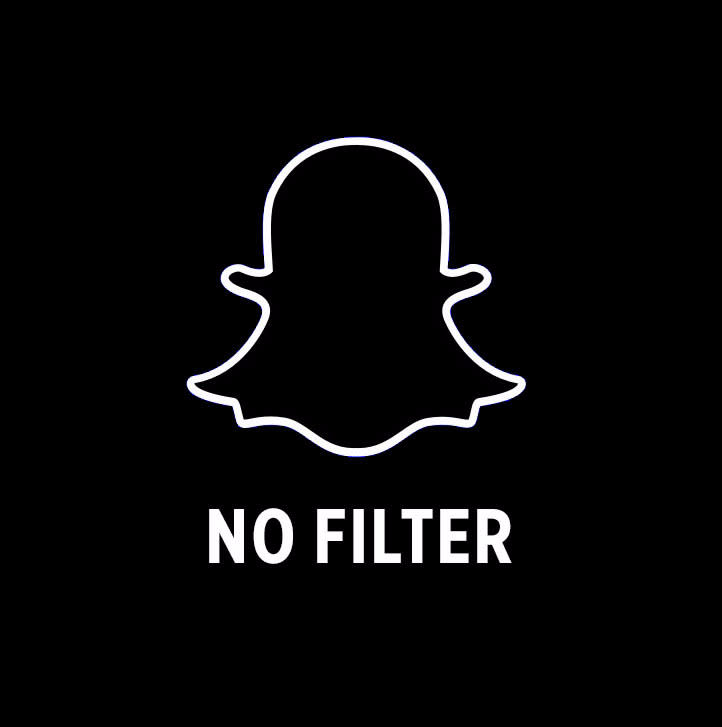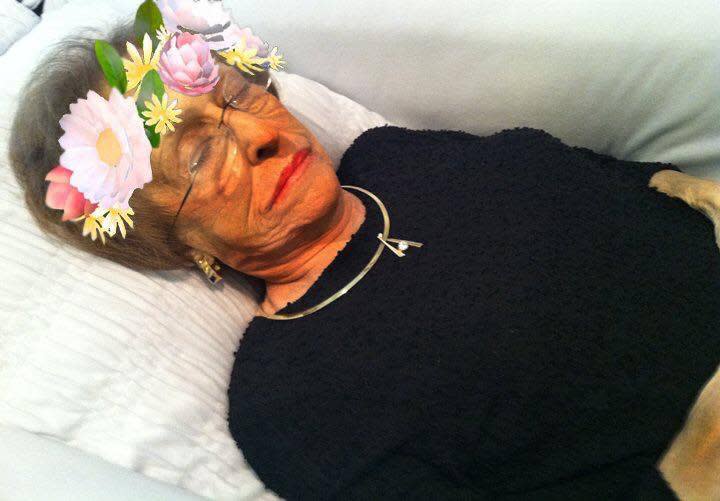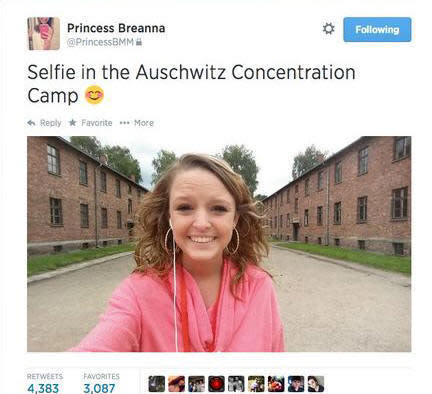Snapchat Me Your Funeral (If It’s Cool)

A photo of an old woman who appears to be lying in a casket as Snapchat’s flower crown filter illuminates her face went viral this week. The image was traced back to comedian Bobby J., who posted the shot on his Facebook page. “At my Grandma’s Funeral yesterday … We decided to send her off to Heaven the way she lived. This was her Favorite Snap Chat Filter. You will be missed, Eula Mae Gertrude Williams. #YaasssBitch#GetInHeavensFormation #iSlay #iAintSorry.” The post appears to be a hoax for publicity, based on the insincerity of the supposed tragedy. Additionally, according to Fusion, when a commenter attempted to debunk the authenticity of the image, Bobby J. replied, “You win lol.”

This photo is another example of why we can’t have nice things. (Photo: Facebook)
Naturally, the reactions to the snap were mixed. Some were outraged, as one individual wrote, “This is trifling like no joke I couldn’t even dare do that to my grandma. … She would be rolling around in her grave!!” While others were understanding. “Maybe their relationship was a fun one. Maybe she really did like that Snapchat filter. Maybe this is the person’s way to cope with gran grans passing. Maybe,” one person shared. “I was sad when I started reading this, but them hashtags got me weak,” an amused commenter wrote.
Still, the viral image once again brings up valid questions about proper etiquette when it comes to commemorating the dead on social media in an age when the medium is so much a part of our lives. Popular platforms offer few — if any — options on how to memorialize those who passed, a practical necessity in these modern times.

Quite a broad smile for a location with such a painful history. (Photo: @PrincessBMM)
The intersection between social media and death is certainly a fraught one. In 2014, a teenager’s selfie at the Auschwitz concentration camp made headlines. In the image, a girl is pictured standing between two buildings and broadly smiling. She caught tremendous flak for the photo, which she says was a tribute to her father, who died a year before and was fascinated by Holocaust history. The same year, a fashion blogger held a shoot in a Jewish mausoleum, showing off her #ootd among the plaques of the dead. Another struck a pose at Berlin’s Memorial to the Murdered Jews of Europe. The people in the photos seemed initially oblivious to the fact that what they were doing would most likely be considered pretty distasteful.
On a personal note, a friend of mine passed away about seven years ago. The loss was crushing — she was a young woman I always remembered as bubbly, intelligent, accepting, and loving to her infant son and everyone around her. It was horrible to think her child and the world would be deprived of such a wonderful and positive human being. Her Facebook wall filled up with heartfelt comments and reflections about her life, which I tearfully scrolled through in the days and weeks after her sudden passing. To this day, I can hardly wrap my mind around the fact that she’s not somewhere in the Ohio countryside, stringing together a daisy chain or taking a road trip and cracking jokes about the ridiculous billboards she passed.
One day, as I scrolled through old photos of her, reminiscing about the days we spent together, I came upon a tagged photo of her flower-laden casket. As my mouse hovered over the image, her name then popped up over an image of her being lowered into her final resting place. I thought, Who the heck thought this was cool to upload to social media? I also wondered if this was the future of death and mourning: Would I have to see the caskets and urns of my friends and loved ones because that would be the norm? The photos were later, thankfully, removed from her profile.
Facebook actually announced in February that it will allow people to designate a friend or family member, otherwise known as a “legacy contact,” to be a Facebook estate executor to manage their account after death. Prior to this change, family or friends had to contact Facebook to turn the page into a memorial.
The convergence of death and social media is a difficult space to navigate. It is so much a part of everyone’s lives — a place to share personal and current events, interact with friends old and new — that it makes sense people would still be (and want to be) relevant forces in death. But approaching this relatively new medium in a way that is also respectful to the memory of people who’ve passed remains a challenge. From debates over whether it’s appropriate to use emoji to express grief to commemorating deceased loved ones with Snapchat filters, it’s clear that while integrating our lives with social media has been rather seamless, in death, things are still pretty touchy.
Follow us on Facebook, Instagram, and Pinterest for nonstop inspiration delivered fresh to your feed, every day.

